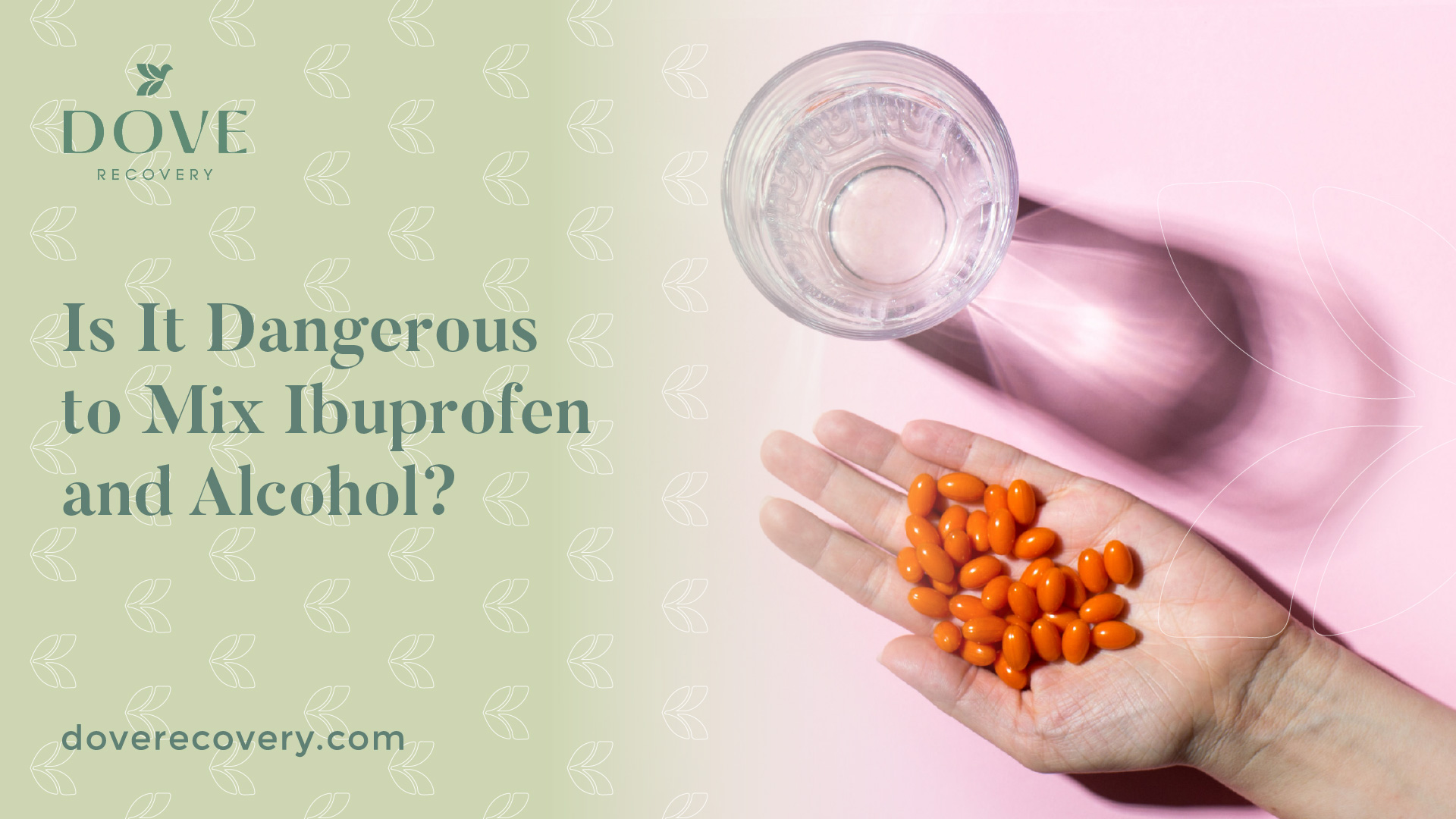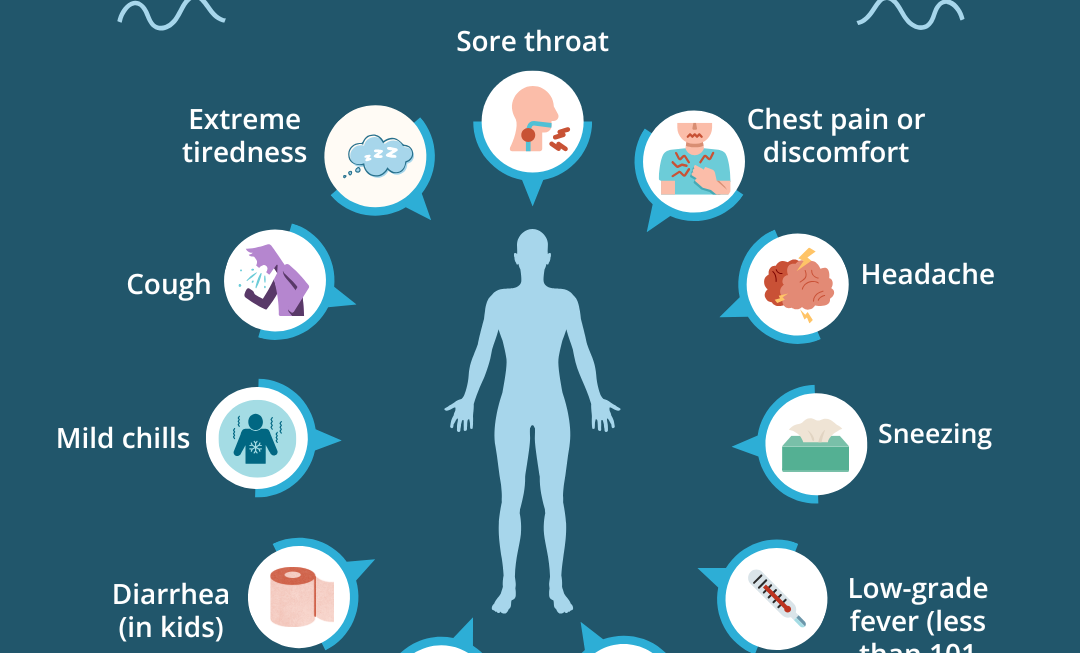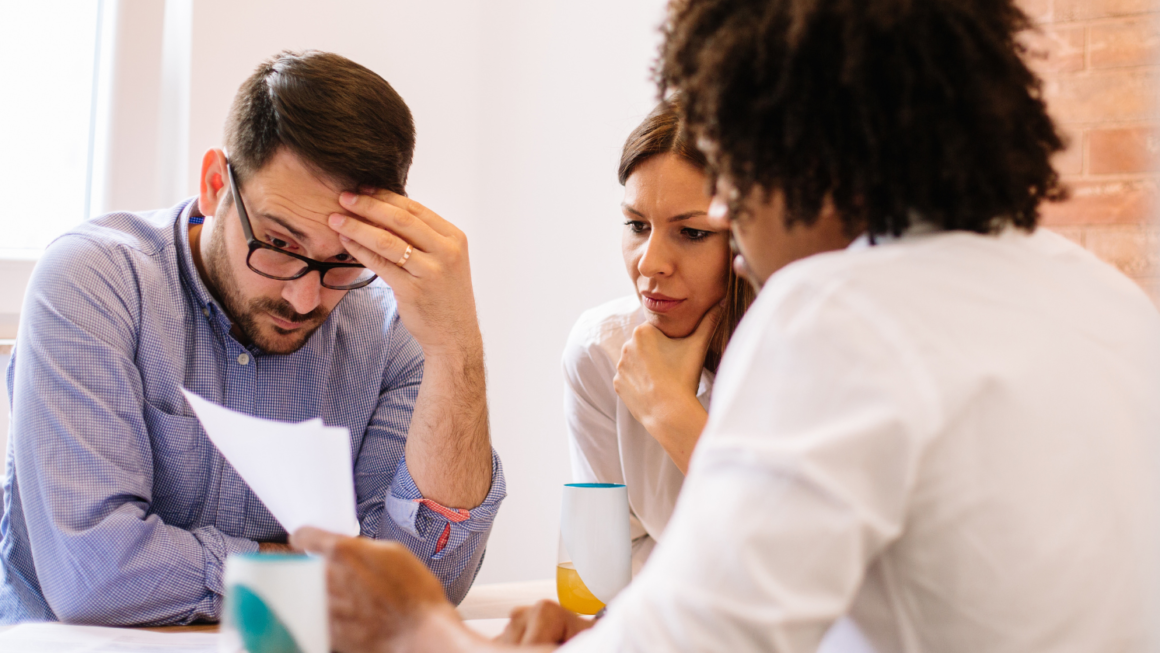Have you ever wondered if it’s safe to indulge in a frosty pint after taking an ibuprofen for that nagging headache? If this question has crossed your mind, you’re not alone! Join us as we delve into the captivating realm of drug interactions, where we’ll explore the delicate balance between ibuprofen and alcohol. Stay tuned as we reveal the crucial wait times, providing you with the knowledge to navigate this potential pitfall with confidence, ensuring a safe and responsible experience.
– When Can You Drink After Taking Ibuprofen?
While ibuprofen and alcohol may not directly interact to increase serious side effects, there are adverse effects on specific organs that might potentially be worsened by their combined use. As a notable example, stomach lining irritation and bleeding, which can be caused by both, are worsened when thay are taken concurrently. Additionally, alcohol is a diuretic and increases the chance of dehydration, which is a side effect of ibuprofen.
– Timing Considerations for Enhanced Safety
Timing Considerations for Enhanced Safety
When mixing alcohol and ibuprofen, timing is crucial to minimize potential risks. Here’s a breakdown of the recommended waiting periods:
6 hours after ibuprofen: If you’re aiming for zero alcohol consumption after ibuprofen, allow at least 6 hours from your last dose. This allows the medication to clear your system effectively.
24 hours after alcohol: After consuming alcohol, wait a full 24 hours before taking ibuprofen.This ensures that your liver has had ample time to metabolize the alcohol, reducing the risk of interference with ibuprofen’s anti-inflammatory effects.remember, these guidelines are based on average liver function. Individual factors may affect metabolism rates,so it’s always advisable to consult your healthcare provider for personalized advice.
– Understanding Drug Interactions and Metabolism
Understanding Drug Interactions and Metabolism
Understanding the potential interactions between ibuprofen and alcohol can be crucial for maintaining safety and preventing adverse effects. Ibuprofen, a nonsteroidal anti-inflammatory drug (NSAID), undergoes extensive metabolism in the liver, primarily by the cytochrome P450 (CYP) 450 enzyme system. Alcohol, conversely, is metabolized primarily by the liver enzyme alcohol dehydrogenase (ADH). When taken together, ibuprofen and alcohol can compete for the same metabolic pathways, potentially leading to increased levels of ibuprofen in the bloodstream and enhanced risk of side effects, including gastrointestinal upset, impaired renal function, and an increased risk of bleeding. It’s important to note that the timing of alcohol consumption in relation to ibuprofen intake can influence the degree of interaction.
- Recommendations for Safe Alcohol Consumption After Ibuprofen
Recommendations for safe Alcohol Consumption after Ibuprofen
While there is no specific timeline for safe alcohol consumption after taking ibuprofen, it is generally recommended to wait at least 6 hours after your last dose. This allows enough time for the ibuprofen to be metabolized and cleared from your system, reducing the risk of interactions with alcohol.
If you are taking a high dose of ibuprofen or have any underlying health conditions, it is best to consult with your doctor or pharmacist for personalized advice.
* It’s important to remember that excessive alcohol consumption, regardless of whether you have taken ibuprofen or not, can have numerous detrimental effects on your overall health and well-being.
In retrospect
In closing,navigating the temporal relationship between ibuprofen and alcohol consumption requires a delicate balance. By adhering to the timing guidelines outlined in this article, you can minimize the risks and enjoy responsible imbibing. Remember that your individual circumstances may vary, so seeking medical advice is always prudent to ensure the safest possible outcome. Stay informed, make wise choices, and savor the moment with responsible refreshment.



